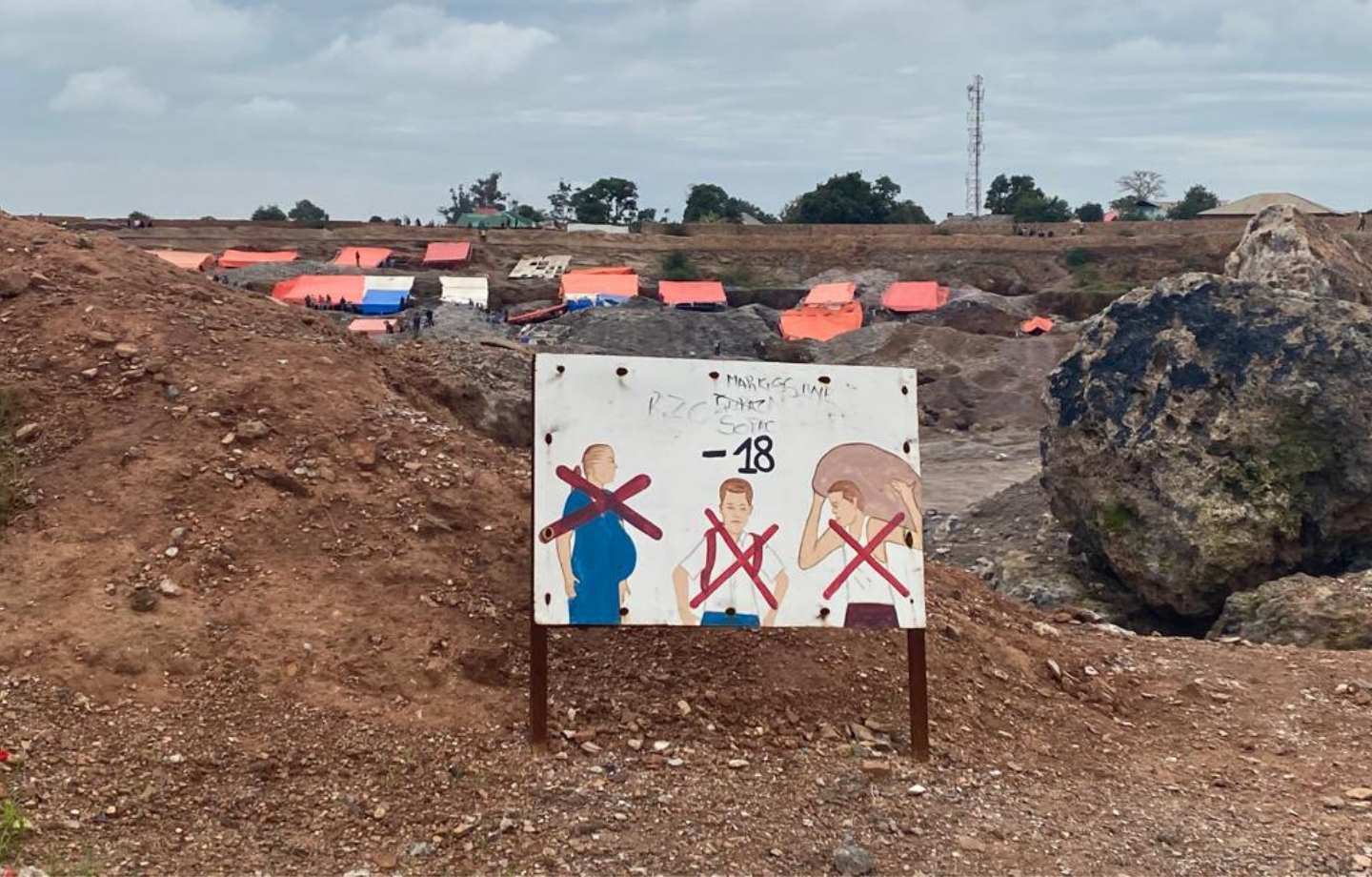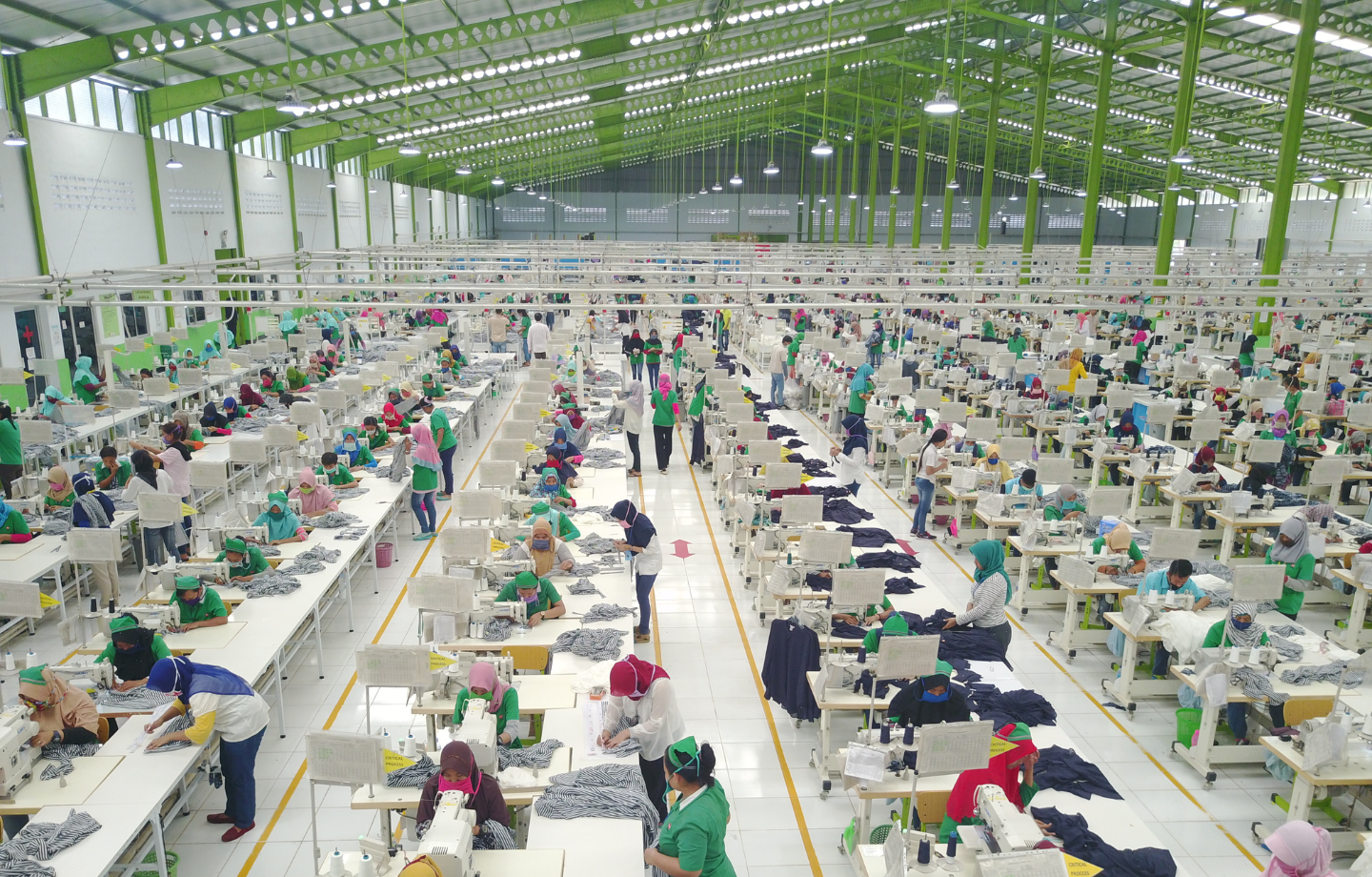On International Women’s Day: Women and Research

March 8, 2016
Our center has been researching the apparel industry in Bangladesh for almost three years. In that time, we’ve spent many weeks in Dhaka, published two reports, written lots of op-eds, conducted a data analysis of 7,000 factories, and produced the first national level map of the apparel supply chain.
One of the distinguishing features of this research is that we’ve done it with an all-female research team. Dorothee Baumann-Pauly and I have worked together since the very beginning of our careers, when we both worked at the Fair Labor Association. After both pursuing graduate studies and other jobs in the business and human rights field, we came back together with the founding of the Center in 2013. We have since co-authored both of the Center’s reports on the apparel industry in Bangladesh.

As for your complaint that people don’t take you seriously because of your gender, I’d remind you that you have gotten lots of scoops from self-important men who were happy to blather their brains out to a “girl.” Being the only woman is often lonely and difficult, but you just have to suck it up. With luck, there will be more of you soon.
In one factory I was visiting in the course of the research in Dhaka, I asked the factory owner why there were so many women working in the lowest-paid jobs on the factory floor, but few in management or oversight positions. “Oh,” he replied, “women are a little bit lazy and a lit bit stupid and they don’t like to work long hours.” He said this to me (a woman) as he and I walked past a stooped female worker lifting a bushel of fabric almost as big as she was. It’s hard to predict the dynamics of a long-term research project, but I’ve found that persistence, openness, and willingness to take calculated risks often play a bigger role than gender in my research.
Being underestimated can be useful when gathering information, but it’s no fun when you’ve done the research and are not treated as an expert. The first part of Totenberg’s statement is also true – people don’t always take me seriously because of my gender. I am much more frequently subjected to “mansplaining” than my male colleagues, when men who are not experts explain to me my own research. Or people (both men and women) assume that I am an intern or a student, rather than an authority on a subject. With luck, Totenberg says, there will be more women in positions of authority soon. This is one of the reasons why cultivating research skills among female grad students is important to us. Today, Jess works in corporate social responsibility at PVH, Nayantara is finishing her thesis on sustainable fashion while continuing to work as a seamstress in Brooklyn, and Sarah and Anneka are finishing their graduate work in business and data visualization, respectively.
“All human beings are born free and equal in dignity and rights” is the opening line of the Universal Declaration of Human Rights. Women around the world are struggling to realize their full equality – at work, in the home, in business, religious life, government, and politics. This is especially true in low-wage industries, like apparel manufacturing, where women typically occupy the lowest rungs of the employment ladder. But it’s also true in the rarified world of research and higher ed. On International Women’s Day, I feel lucky to work with many proud feminists – both men and women – who believe in, and are fighting for, the equality of all people. And I’m hopeful that there will be more of us, soon.
 Global Labor
Global Labor


